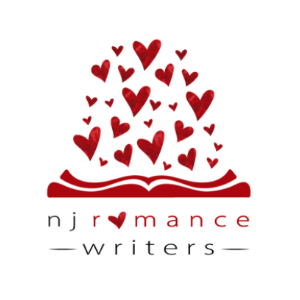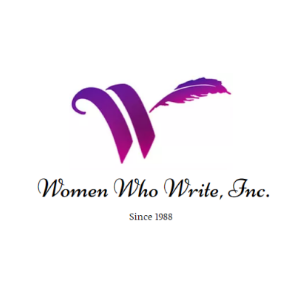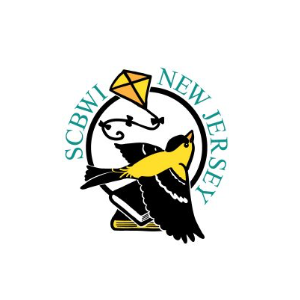This is the fifth in a series of posts to provide perspective on the business of writing, leveraging a marketing professional’s experience. In this installment, make the most out of attending a writers’ conference!
In the last twelve months, I’ve attended BookCon, RWA, Put Your Heart in a Book and Women Who Write conferences. Shari Stauch poses an excellent question. How do you make sense of the overwhelming amount of information you get from a writers conference?
Great question. Ultimately, success depends on being able to organize, synthesize and determine actions from vast and disparate sources of information. This may sound daunting but it can be fun!
So, what strategies can you apply to getting the most out of writers’ conferences?
1. KNOW WHY YOU’RE GOING.
Research on adult learning shows that if you’re explicit about your objectives, you’re more likely to succeed. Why are you attending this particular conference? Think about what you most need at this point in your writing career. For instance, is your focus on craft? Self-publishing? Marketing? Networking?
Objectives can range from “pitch two agents on my project at the conference,” “get three new ideas on building an audience,” “learn how to write an effective query letter and draft one within a week of the conference,” to “meet new or existing writer friends.” Notice that you can make the objectives powerful by quantifying and placing a timeframe on them.
Business objectives are often made SMART by stating them in a way that is Specific, Measurable, Action-oriented, Realistic and Timebound.
Once you have concrete objectives, write them down or share them with a spouse, friend, or writing partner. A commitment to yourself or another person will often lead to better follow-through. Consider placing the reminder in your calendar to keep yourself accountable when you return.
2. PLAN, PLAN, PLAN your approach in advance.

Like visiting a theme park, the number of events exceeds the ability for any person to experience it all. And like Disney, you’re not going to like all options equally. There’s usually plenty of information available about the tracks being covered. Read up on the choices and prioritize the ones that match up with your objectives.
Often, I pick the panel or workshop to attend based on the subject matter and expertise of the speaker(s). I also allow room for whimsy, to choose some events purely because they represent a new or interesting idea. Choosing what you’ll attend in advance will save you time while you’re at the conference to focus on the content and meet new people.
3. OBSERVE AND CAPTURE IDEAS while they’re fresh.
Writers are known for their observational skills. Employ those skills during the conference, paying attention to big-picture concepts, specific tactics and the ideas those spark, not just in the content but also HOW the information is presented.
Taking notes is a matter of individual taste. I like to jot down new ideas, verbatim quotes that inspire, and specific actions I plan to take. I asterisk to-do’s and highlight especially breakthrough ideas. You can even color-code content grouped by objective. Attendees often make effective use of technology, taking notes on tablets and laptops.
4. YOU’RE NOT THERE JUST FOR THE CONTENT.
Meeting people and deepening relationships are some of the biggest reasons to attend conferences. It’s exciting to be among people who share a common industry and love of story. After all, if you only need advice on the craft of writing, you could read a book or take an online course.
It’s good to meet others tackling the same challenges, those who are ahead of you on the learning curve, or those whom you can help by imparting your experience. Jump right in and volunteer to help! People often say writing is a solitary activity, so it’s enriching to have a chance to connect and keep in touch after the conference.
At my first conference, I met my future agent, found an editor and made new writer friends. At my most recent conferences, I’ve found it rewarding to teach workshops, moderate panels and reconnect with friends.
5. SUMMARIZE YOUR REFLECTIONS after the conference and TAKE ACTION.

Review your notes, keep the most important points in a place you can reference and take the actions you’ve noted. Actions can include connecting with people you’ve met and looking up materials recommended.
I often take action within a few days of returning. I add new contacts to my address book. If I remember an article or information I’d like to share with someone, I try to follow up while it’s fresh on my mind.
Check your experience against your objectives – which goals did you achieve? Celebrate the ones you accomplished. Reassess the importance of the ones you didn’t, or find ways to follow through on them. What were your biggest outcomes or insights? Perhaps they’re different than your original objectives. Inspiration can’t always be planned!
Participating in conferences can meet many different types of writers’ needs. One way to getting the most out of the experience is to clarify objectives so that you can focus on what matters, plan what you’ll attend, take notes, summarize your reflections and take action. Importantly, enjoy meeting and connecting with those around you, learn, and give back!





